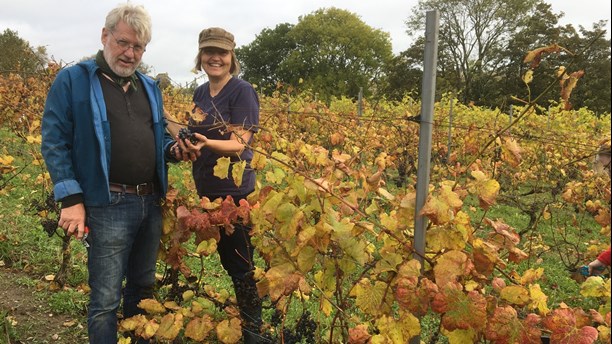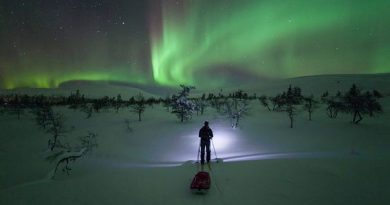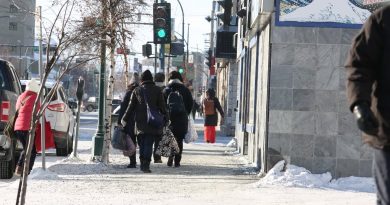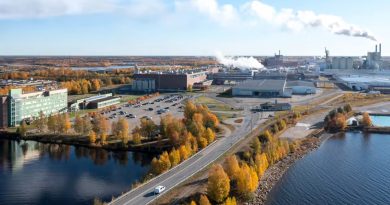Climate change may boost wine production in southern Sweden

This year’s harvest has been the worst yet for Hällåkra Vingård, a Skåne vineyard near the Baltic Sea. But as volunteers finish clipping off the last grapes, founder Håkan Hansson remains convinced this is the world’s new wine region.
“It’s a terrible season,” says Håkan Hansson, at the edge of his vineyard in the hills outside Malmö. “This season is the worst that we’ve had since we started in 2008.”
A sudden cold snap in the flowering season means that this year Hansson expects only a third of the normal harvest.
“So it is up in the colder climate. You have to be ready for this happening some seasons,” he says.
Hope for better crops
But he’s still convinced that the warming climate means that wine can now be made in southern Sweden and Denmark, just as it now is in England.
“What we have seen in general up here is that we have got a longer season up here. We see the climate changing. What’s new if you compare to 30 to 40 years ago is that we have one more summer month in autumn.”
Gustav Strandberg, climate researcher at Sweden’s national weather forecaster SMHI confirms that the vegetation period in sourthern Sweden has incrased by at least 20 days since the 1970s.
But he warns that if Spring warmth prompts to bud and flower early only for them to be hit by May frosts – as happened this year – growers might suffer.
Next year Hansson plans to double production nonetheless.
“Now we are going in to a really interesting commercial way, up until now it’s been a cost centre.” Hansson says.
Related stories from around the North:
Canada: Ocean acidification could doom key Arctic fish species: study, Eye on the Arctic
Finland: Finland’s future – Even darker winters with temperatures like Hungary?, Yle News
Greenland: Why Africa has to worry about melting Greenland ice, Irene Quaile’s Ice-Blog
Norway: Norway and Sweden in quarrel over cross-border reindeer grazing, The Independent Barents Observer
Sweden: Preserving biodiversity in Sweden’s shrinking natural forests, Radio Sweden
Russia: Siberian erosion, river runoff speeds up Arctic Ocean acidification, Alaska Dispatch News
United States: New film explores how Arctic ecosystems are affected by climate change, Alaska Public Media



